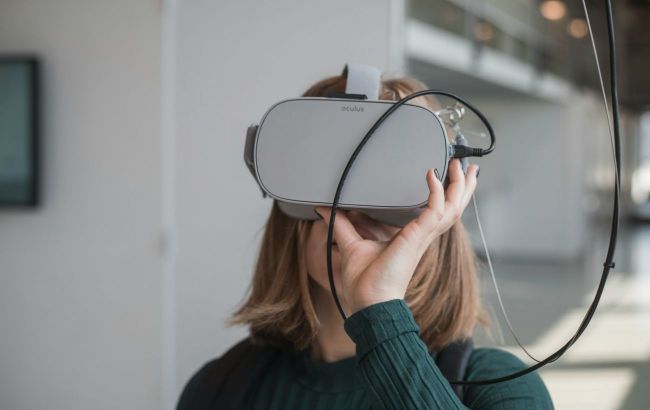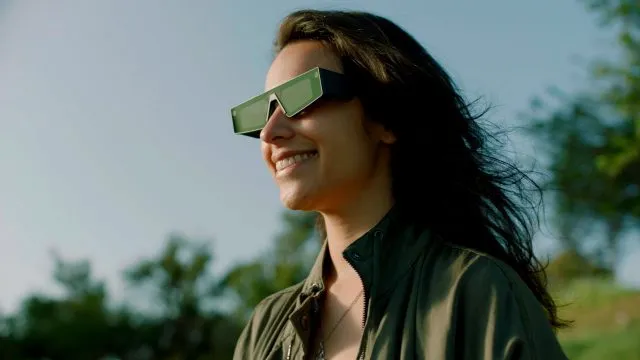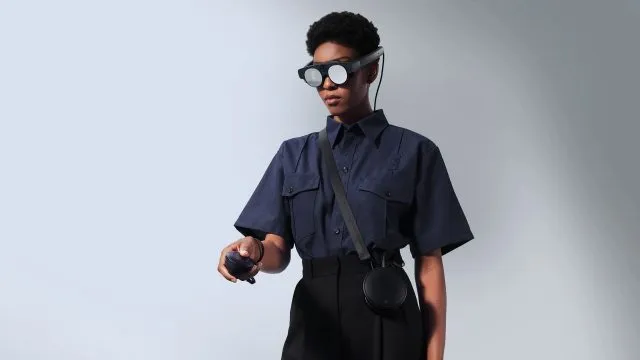Snap and Meta set to unveil next-generation AR glasses
 Snapchat and Meta plan to introduce augmented reality glasses next month (photo: Unsplash)
Snapchat and Meta plan to introduce augmented reality glasses next month (photo: Unsplash)
Snap Inc., Snapchat's parent company, will unveil its fifth generation of AR glasses, Spectacles, on September 17 at its annual partner conference in Los Angeles. A week later, Meta will debut its AR glasses during its annual Connect conference on September 25, according to Road to VR, which focuses on virtual and augmented reality.
What is known about upcoming gadgets
Snap has been developing its line of smart Spectacles glasses for several years. Still, it was only with the fourth generation in 2021 that the device truly gained full-fledged augmented reality capabilities.
The company is reportedly ready to introduce the fifth generation of Spectacles, which will further expand the device’s AR capabilities.
Similarly, Meta continues to develop and improve its Ray-Ban Meta smart glasses, starting with the first generation in 2021.
The second generation of the device was launched late last year, but the company has yet to add a display or sensors for any augmented reality functions.
Although both companies envision a future where AR glasses become a mainstream product, the devices to be showcased next month are not yet ready for commercialization.
At best, they will be released to developers for experimentation before a future version of the products reaches consumers.
According to Heath, Snap's latest AR glasses will be quite similar to the previous generation but with an improved field of view and battery life.
This is certainly welcome, considering the first pair had a diagonal field of view of just 26.3 degrees (not even half of what you find in modern MR headsets) and 30-minute battery life (also not half of what you find in modern MR headsets).

The fourth generation of Snap Spectacles, the first with augmented reality (photo: Snap)
As for Meta’s first true AR glasses, the company claims that “nothing will prepare you for immersion with a high field of view,” but it’s still unclear whether the field of view will be greater compared to other AR glasses or approach the current standard set by VR headsets.
It’s also unclear whether Meta’s AR glasses will be presented as another partnership with Ray-Ban or if the device will use a Meta-owned brand, similar to Quest.
While both companies ultimately aim to create AR headsets that match the incredibly immersive capabilities of MR devices like Vision Pro and Quest 3, integrating these capabilities into something even remotely close to a pair of glasses remains a huge challenge.
Best-in-class devices like the Magic Leap 2 still resemble bulky goggles more than regular glasses.
Magic Leap 2 (photo: Magic Leap)


